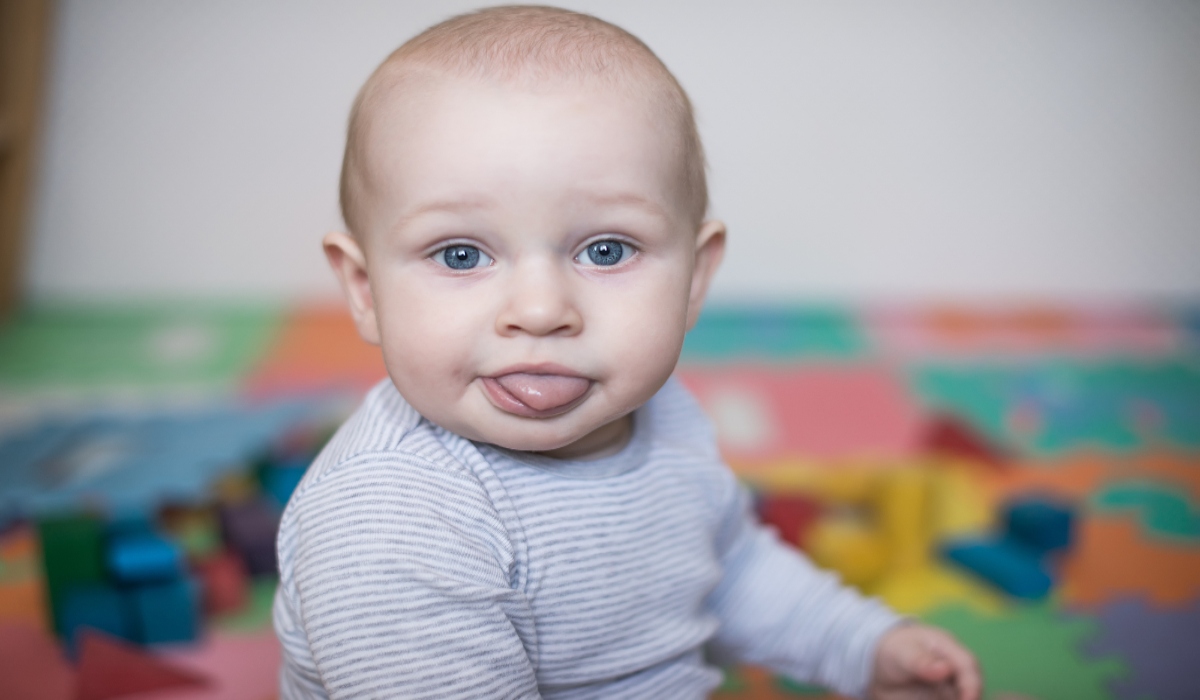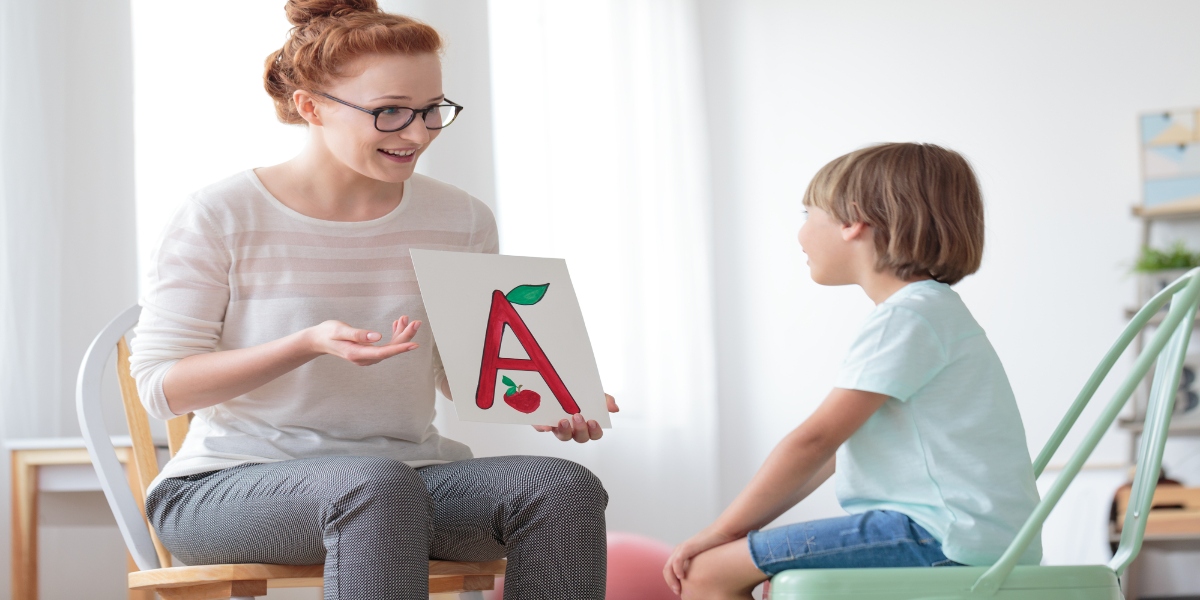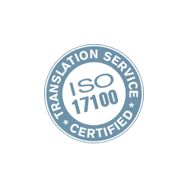How Do Children Learn Language?
The way children learn languages is fascinating.
Though a slow process over the course of a few years, it is amazing how much they grasp, and without any actual sit-down teaching whatsoever.
In this post, we are going to explore the process of how children learn language, and why it’s so different to adults learning new languages.
How do children learn language?
For babies and young children, learning a language is completely effortless.
They learn automatically and passively. Adults don’t need to sit down and make a concerted effort to teach children to talk. They learn by listening. If a child is never spoken to, they won’t learn to speak.
Similarly, if a child only hears language on the TV, they will not learn to speak properly either. They need to be interacted with to learn the context and to see the shapes our mouths make when we pronounce different words.
When adults speak to babies, they tend to use “baby talk” instinctively. It has simpler vocabulary and sentence structure than regular talk, with lots of exaggerated sounds, questions, and repetition. These are features which allow babies to attach meaning to words and to understand sentence formation.

What stages of learning do they go through?
There is a pattern to language development for all babies and children, and each child progresses at their own unique pace.
Stage 0 – Pre-Birth
Around 30 weeks into a pregnancy, the foetus develops hearing. It’s at this point that language learning begins.
A study involving scientists from Washington, Stockholm and Helsinki found that babies recognised a sound played to them in the womb. They made a recording of some made-up words and asked the mother’s to play it over and over during pregnancy. When the babies were born, they were hooked up to EEGs and the researchers found that their brain activity showed they recognised the words when they were played again.
They can also differentiate between their mother’s language and a foreign one.
Health professionals recommend reading and signing to your baby bump to help you bond and to help them develop their language.
Stage 1 – Birth to 6 weeks
Waaaaah!!!
Crying is the first physical step a baby takes in their language learning journey. For a very long time, crying is their only method of communication.
Parents with a keen ear will notice that babies have different cries for different needs. Babies learn to adapt the pitch of their cry for how severe their need is.
Babies this young can already pick out the pace, pitch, stress, and rhythm of language.
They understand phenomes (sounds a language uses) which belong to the language they are learning and ones they aren’t.
Babies start playing around with vowel noises by 6 weeks of age.
Stage 2 – 4 months
Many people despair that their baby who previously was a perfect sleeper somehow “regresses” at 4 months. It’s anything but a regression! 4 months is a critical period in brain development.
Around this time, they begin to distinguish between language sounds and other noises.
Stage 3 – 6-12 months
This is a very exciting stage where babies start to babble and coo and begin to sound like they are really trying to say words.
They join sounds together to make meaning – the most common ones are “mama” and “dada”.
At 6 months they understand word boundaries (where words begin and end) and the concept of plurals!
They pay attention and smile when you call their name, and they respond to “hi!” and “good morning!”.
By their first birthday, they can attach meaning to words and they are trying (sometimes successfully!) to mimic words they hear.
Parents and other caregivers can help babies continue developing their language understanding by mimicking their babbles and narrating what they are doing.
Stage 4 – 1-2 years
At 18 months, they understand how to use words they are learning. They understand the difference between nouns and verbs.
They are receptive to queries like “where is Grandpa?” or “can you clap your hands for me?”.
They can also start to put together 2-word sentences like “no ball”.
Stage 5 – 2-4 years
Around the 2 year mark, children recognise the correct order of sentences and can pick out verbs and nouns.
Their vocabulary continues to flourish over the next couple of years. Their sentences lengthen and make good sense like, “I’m thirsty mama” or “I want to play”.
By the time they are 2.5/3 years old, 90% of what they say is grammatically correct. Sometimes it might feel like they are going backwards with their language grasp.
For example, they might begin to say “my foots is sore” instead of “my feet are sore”. This is actually really clever – they were previously mimicking a plural they had heard, but now they are attaching their own understanding of plurals.
Do boys and girls differ in their language development skills?
Yes! Girls actually learn language quicker than boys. It’s not until secondary school that they are more on par.

How do they learn more than one language at once?
Small children learn first and second (and third, fourth, so on) languages at the same time.
They absorb secondary languages the same way they pick up their first language – through exposure from interacting with people speaking that language. Books, tv, films, and music are great supporting aids to broaden their understanding.
A top tip if you are trying to encourage your young child to learn more languages is to plan time to focus on each language separately. If you always switch between the two in the same conversation, they may tune out the language they are less confident speaking.
When do language learning skills become more difficult?
Learning a language becomes more difficult after 12 years old. This is the point where most children are going through puberty and the conscious memory part of their brain starts to strengthen.
Learning a new language as an adult is much trickier. As adults, we use our conscious memory to try and translate a new language from our first language. This is less effective than the unconscious way that children learn a new language. It is more effort for adults to sit down and think about the information they are absorbing – it is much more natural for children.
In fact, in 1990, linguist Elissa Newport looked at the difference between adults and children learning languages. She found that adults’ more developed prefrontal cortex hindered language acquisition despite overall increasing our brainpower.
A study by MIT built on this research. The study created 9 two-syllable words which fall into one of three categories. Participants had to listen to the made-up language for 10 minutes. One group went away and did not overanalyse what they heard, but instead did something else to divert their focus, like a puzzle. The other had to actively try to identify the words they were hearing.
Both groups did similarly in tests focused on word segmentation and word ordering. In a third test, they were tested on language morphology. They were played a three-word sentence including a word they hadn’t heard but which would fit the conditions of the initial 3 categories. When asked if the word has been placed in the correct category, those who went away and did the puzzle did best!
Conclusion
So, how do children learn language? They just do! There isn’t any special effort on anyone’s part to help them learn – just good old natural conversation!
This lasts all the way up until they hit puberty, and from then on, language acquisition is much trickier!
That’s where translation and interpretation services like Global Language Services come in. Our team of experts collectively can confidently speak over 80 languages and are experienced in helping professionals in multiple industries.
If you have a translation or interpretation need, please don’t hesitate to get in touch with Global Language Services for a tailored quote.





